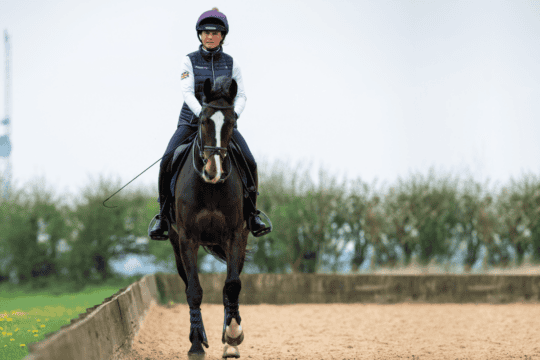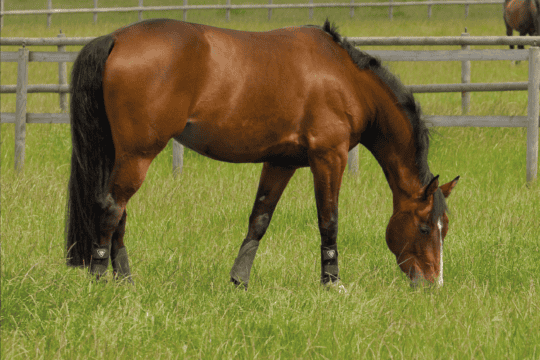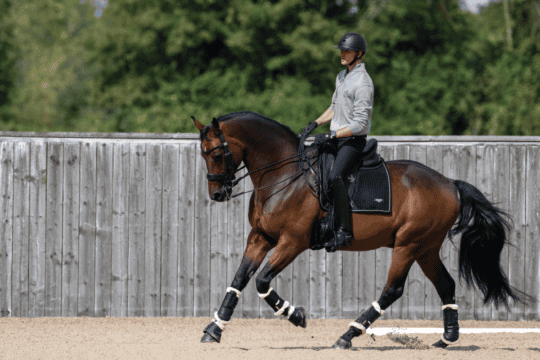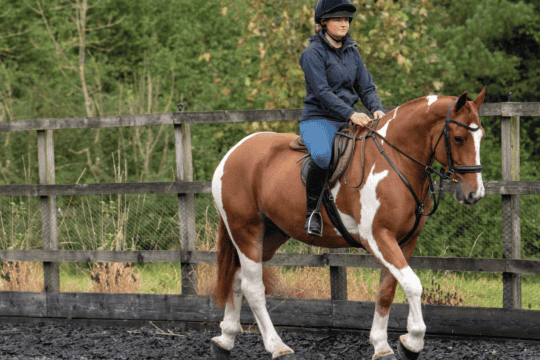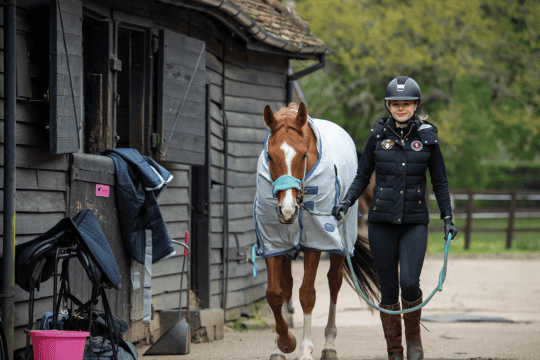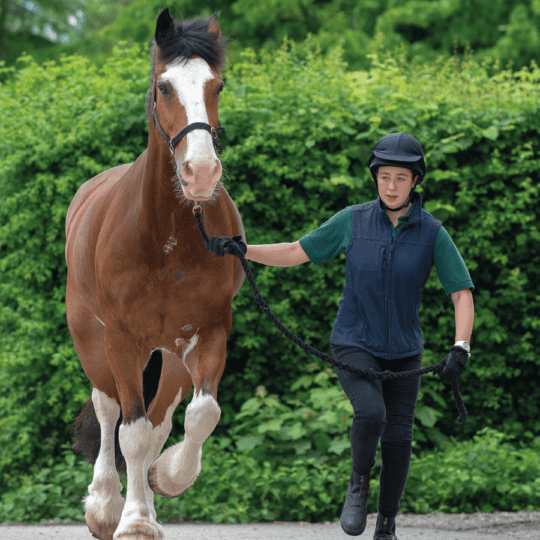Finding the one
Posted 4th January 2019
We’re all familiar with the excitement of buying a new horse, but love, as we know, is blind. Equine behaviourist Anna Haines advises how to stay grounded before you become completely infatuated
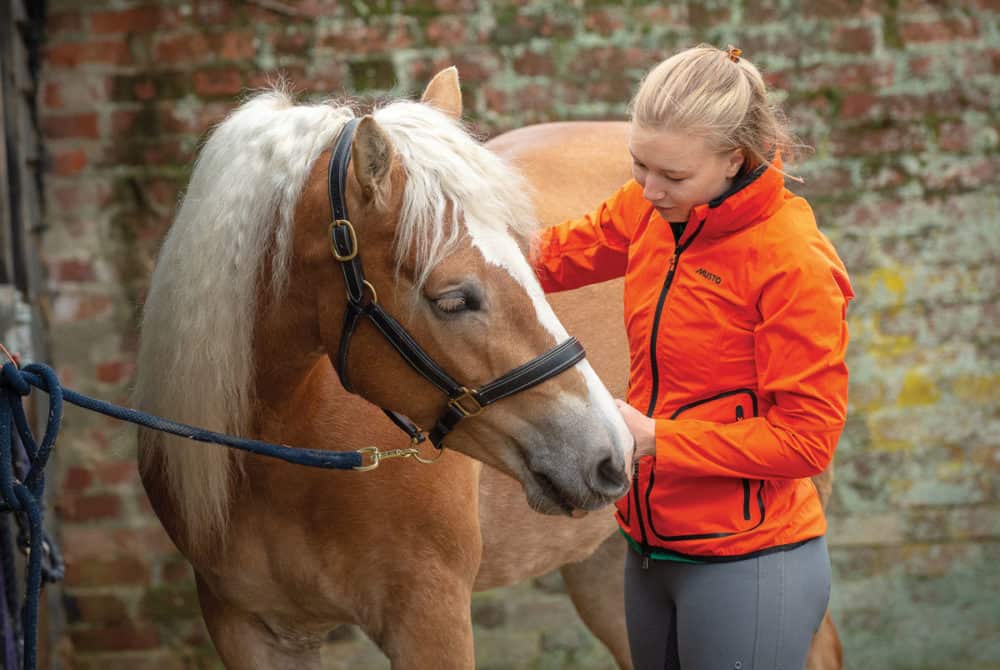
He’s perfect! You’ve seen an advert for a horse and he’s just the right height, breed, age and colour – he’s exactly your type on paper and you can’t wait to get out and see him. He’s the dream horse you’ve been searching far and wide for and, dare we say it, you’re already totally smitten. But wait – buying your perfect soul mate, or finding a new addition for your herd, is a huge commitment and it’s essential to make sure you’re not getting carried away.
While it’s common practice to have horses vetted for physical problems prior to purchase, it’s also important that you do everything you can to check that the horse’s behaviour is suitable for your needs, too. Being faced with a beautiful horse can make it all too easy for your heart to rule over your head and you may overlook any potential red flags.
Try before you buy
It goes without saying that buying a horse without seeing it in person is a real no-no and can leave you open to all sorts of problems. It may, however, save you time to ask the owner to send you a couple of videos of the horse, ridden and in-hand, before travelling to visit them as this may reveal some behavioural indicators that sound alarm bells.
Up close and personal
Once you’ve seen the horse’s owner handling and grooming him, ask if it’d be okay for you to do them yourself and note any differences in his responses. Some horses may respond well to cues from their owner, but struggle when asked to do the same things by someone new. This isn’t necessarily a deal-breaker, as your own relationship will develop over time, but it’s important to check for any extreme or dangerous reactions.
As you groom him, carefully run your hands over all of his body to check for any unusual or unwanted reactions. If you notice anything negative, ask his owner whether this is unusual for him and get as much information as possible to help you establish whether this is a significant cause for concern.
For more top advice on what behavioural signs to look for when you go to view a potential new horse, pick up a copy of March Horse&Rider, on sale 10 January.


